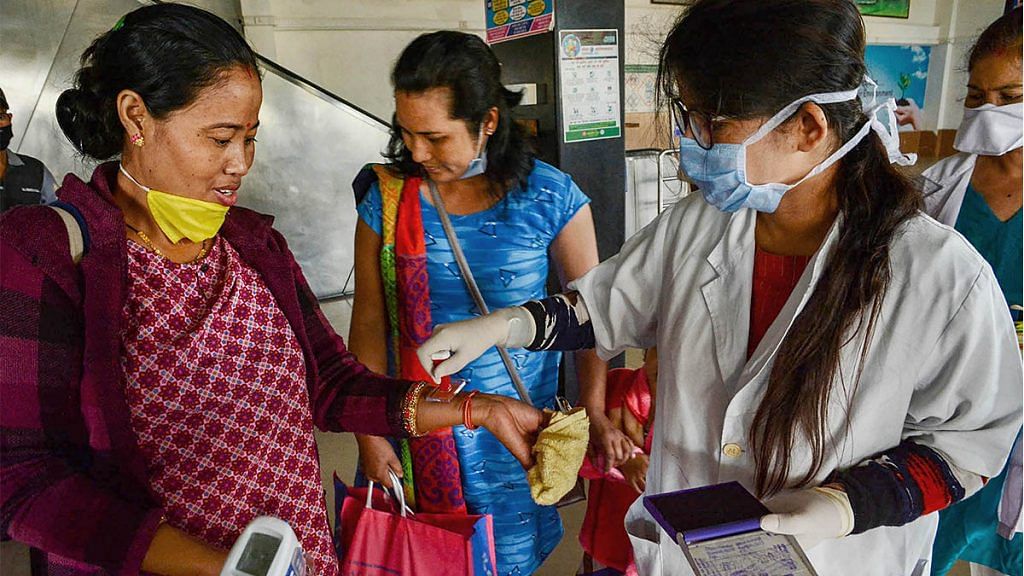New Delhi: India is going into a complete coronavirus lockdown and it was important to get the timing of this lockdown right. Many have argued that the lockdown should have been earlier but lockdowns can’t be continued forever. If it was in place earlier, we would have seen fatigue by now.
Stanford professor Michael Levitt, who won the Nobel Prize in Chemistry in 2013, had predicted, in the early stages, that the number of coronavirus cases in China will be 80,000. The prediction was very accurate as the actual number of cases is approximately 80,000. Levitt also said that once intervention measures are in place, the spread of the virus is arrested.
Lockdowns seem to be working, and after China, Italy is showing positive results.
The number of new cases and fatalities in Italy has declined in the past few days. Following this, UK has also announced a three-week lockdown.
Also read: COVID-19 impact in India: A look at the statistics, the science and the reality
Wartime-like efforts to find existing drugs to treat the virus
Nevan Krogan, Director of Quantitative Biosciences Institute (QBI) & Senior Investigator at the Gladstone Institutes, University of California, argued that a new drug will take many years to get approved, perhaps even a decade. The average time for a drug to get approved by the US’s Food and Drug Administration (FDA) is 12 years and only one out of every 5,000 drugs gets approved. So we should be looking at drugs which are already approved, and at drugs that we know are safe to consume.
The virus latches on to proteins in our cells, and then forces them to make replicas of itself. There can be two ways of dealing with this.
First, you can attack the proteins of the virus to prevent it from reproducing. One of the drugs doing this is remdesivir. This was a drug created to treat the Ebola virus, but it did not get approved and got shelved. However, this drug is showing positive results in treating Covid-19. The World Health Organisation (WHO) has said that this is the only drug, which has been effective.
The problem with this approach is that the virus may change after some time, and you may need a different drug.
The second method is to interfere with the proteins in the human cell that interact with the virus. The human cell doesn’t change very quickly. So, if this treatment works, then we will not need to keep changing our treatment.
Dr Krogan has set up a group of 22 Labs called QBI Coronavirus Research Group (QCRG). All these labs are working overtime, seven days a week, to identify the proteins that the virus latches on to and identify which existing drugs can interfere with these proteins.
They are infecting lab-generated human cells with the virus to determine which proteins the virus is latching onto. The labs were able to identify 332 such proteins. They also found that FDA-approved drugs can affect 66 of these proteins. They found 27 other approved drugs and 42 drugs, which are in advanced stages of clinical trials, that can also affect these proteins.
Watch the full episode of CTC here:
Also read: Coronavirus: Latest updates on cases in India, all you need to know about COVID-19
